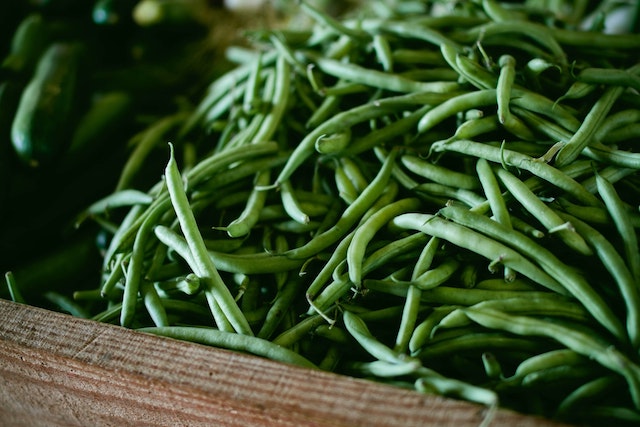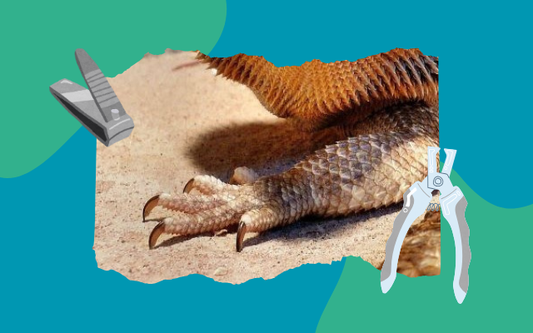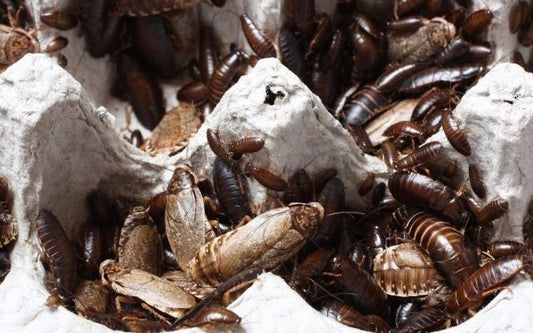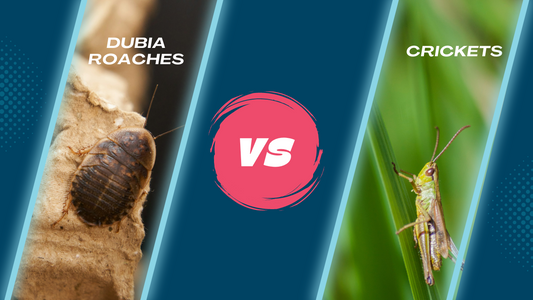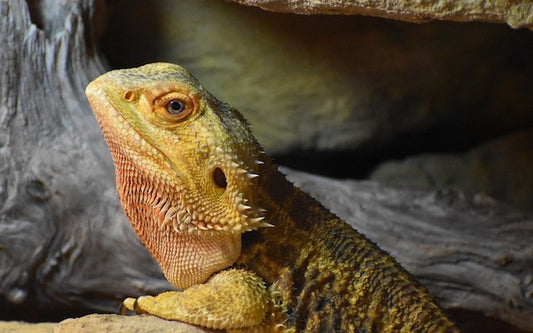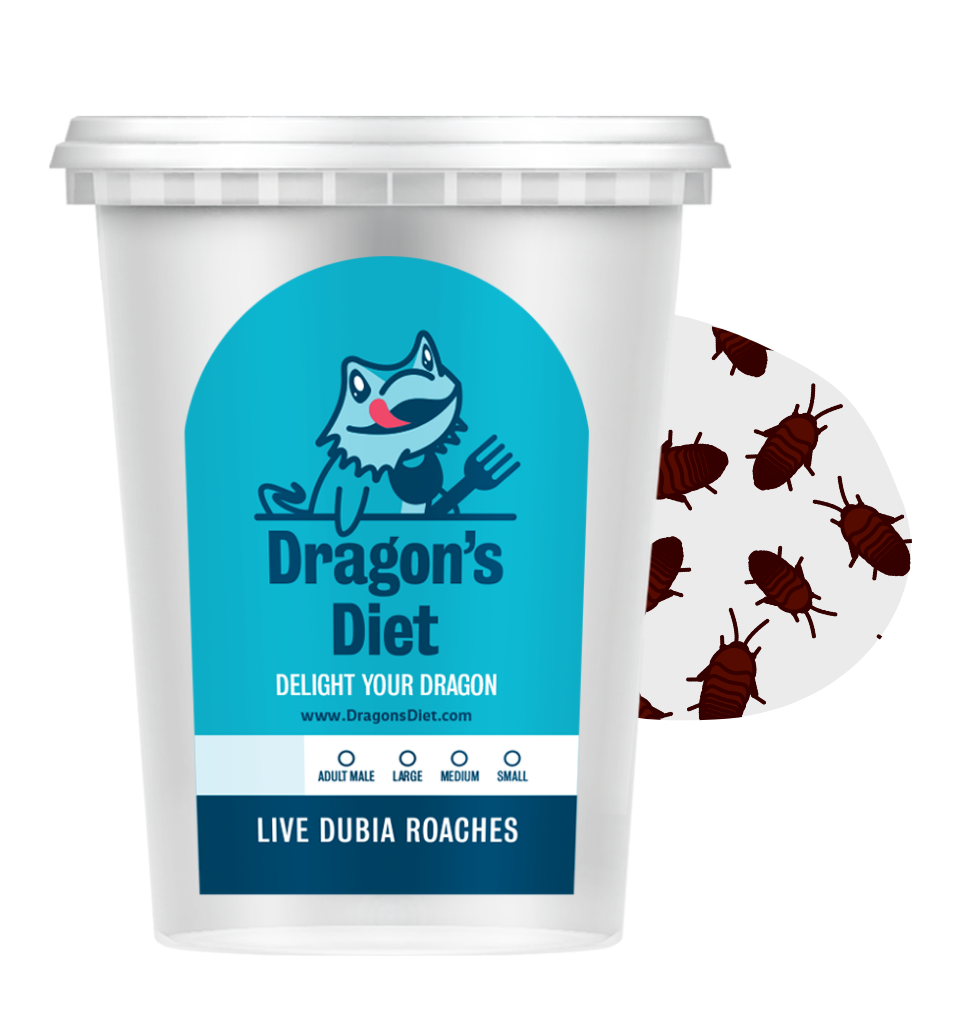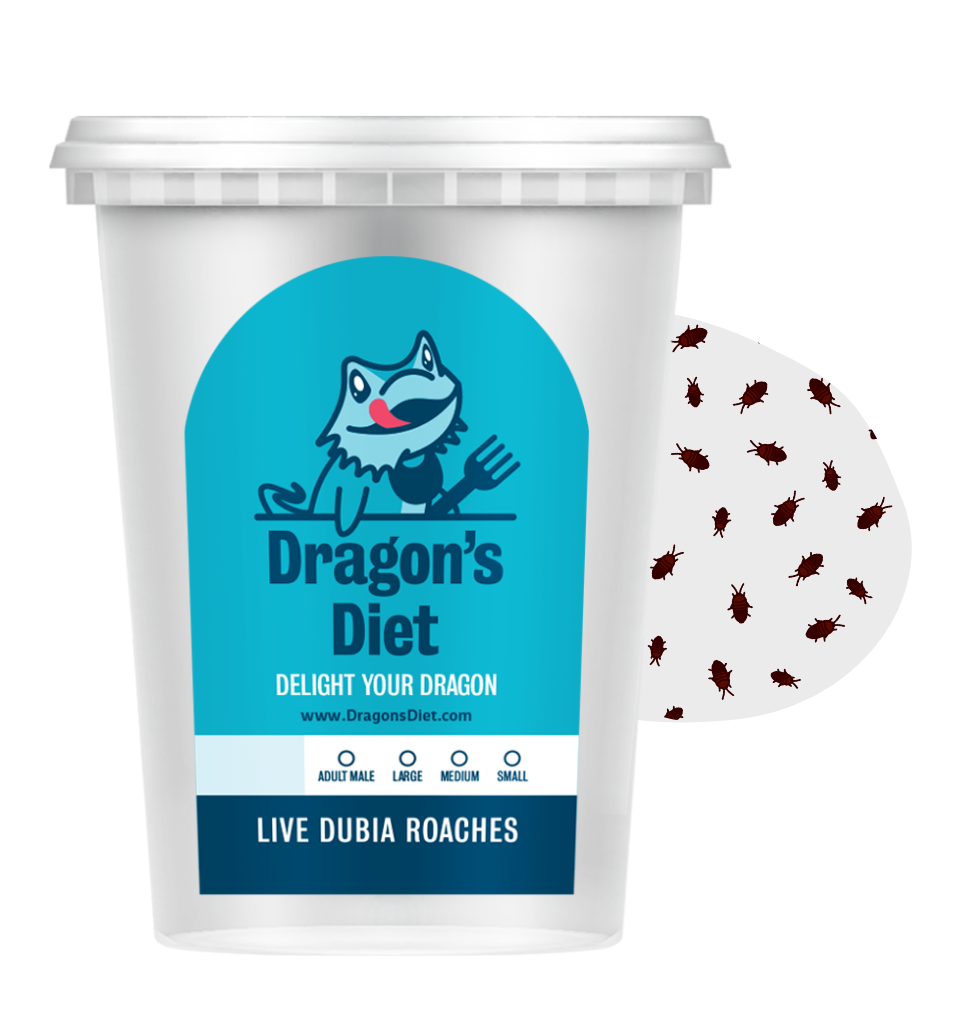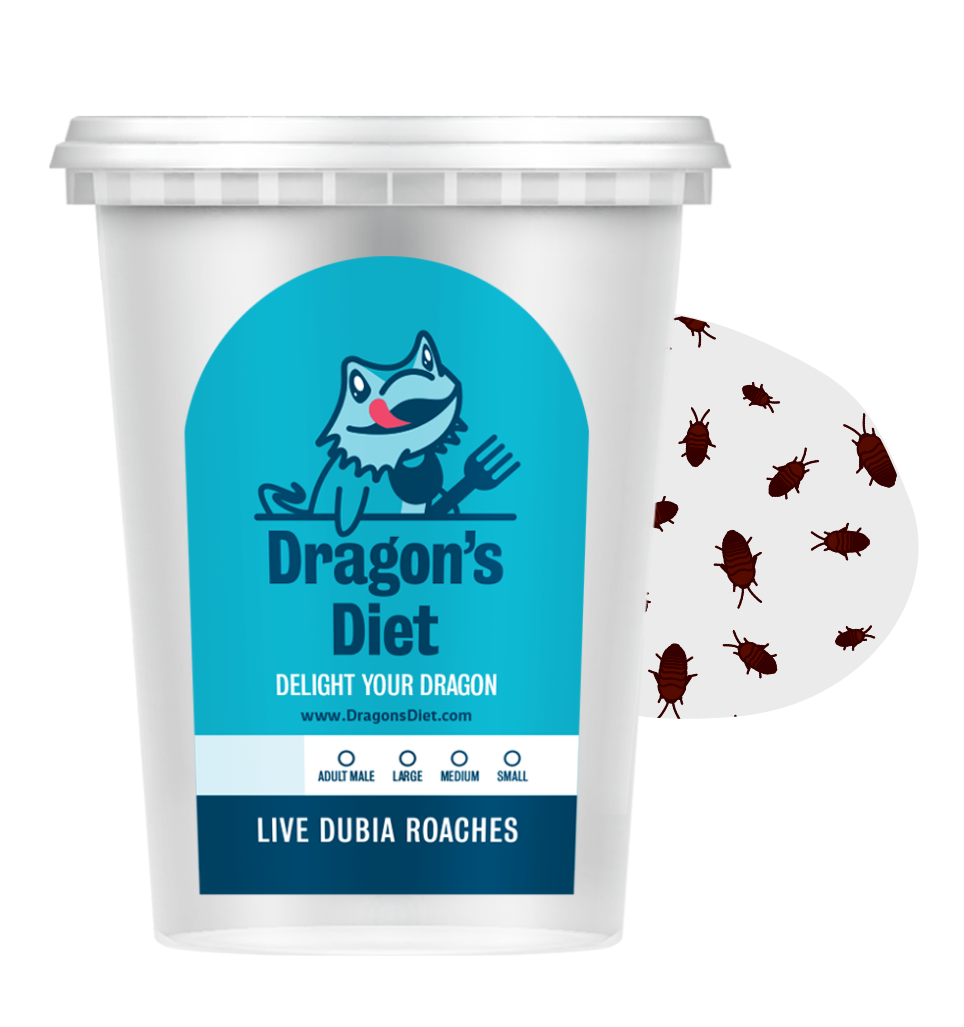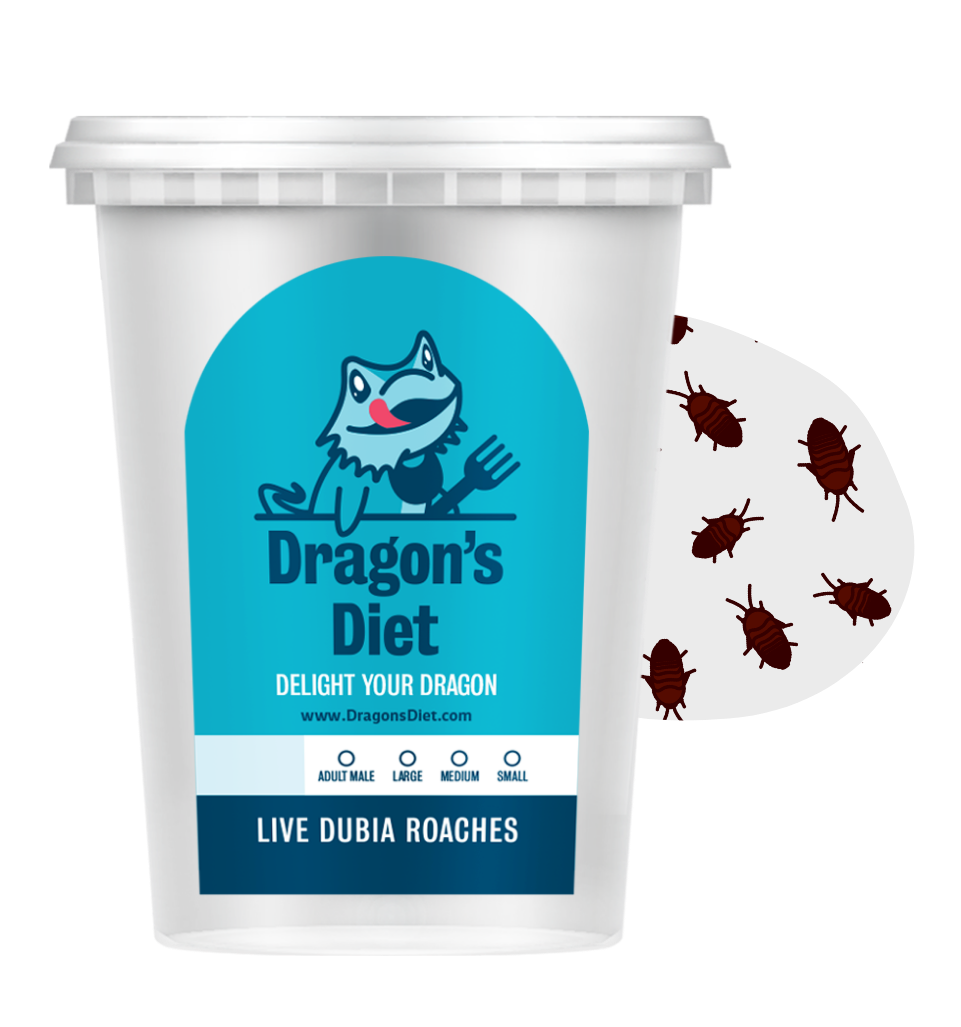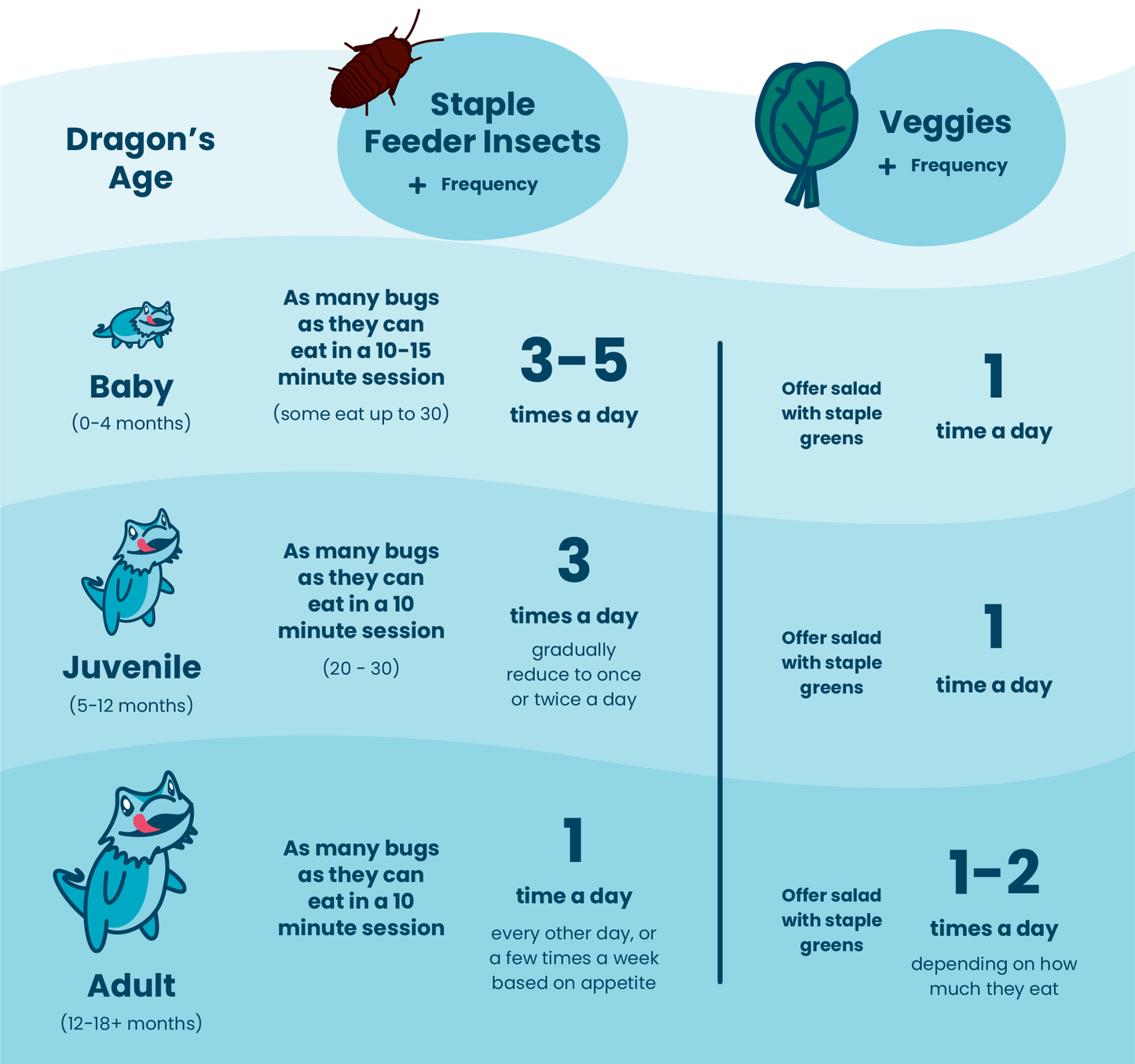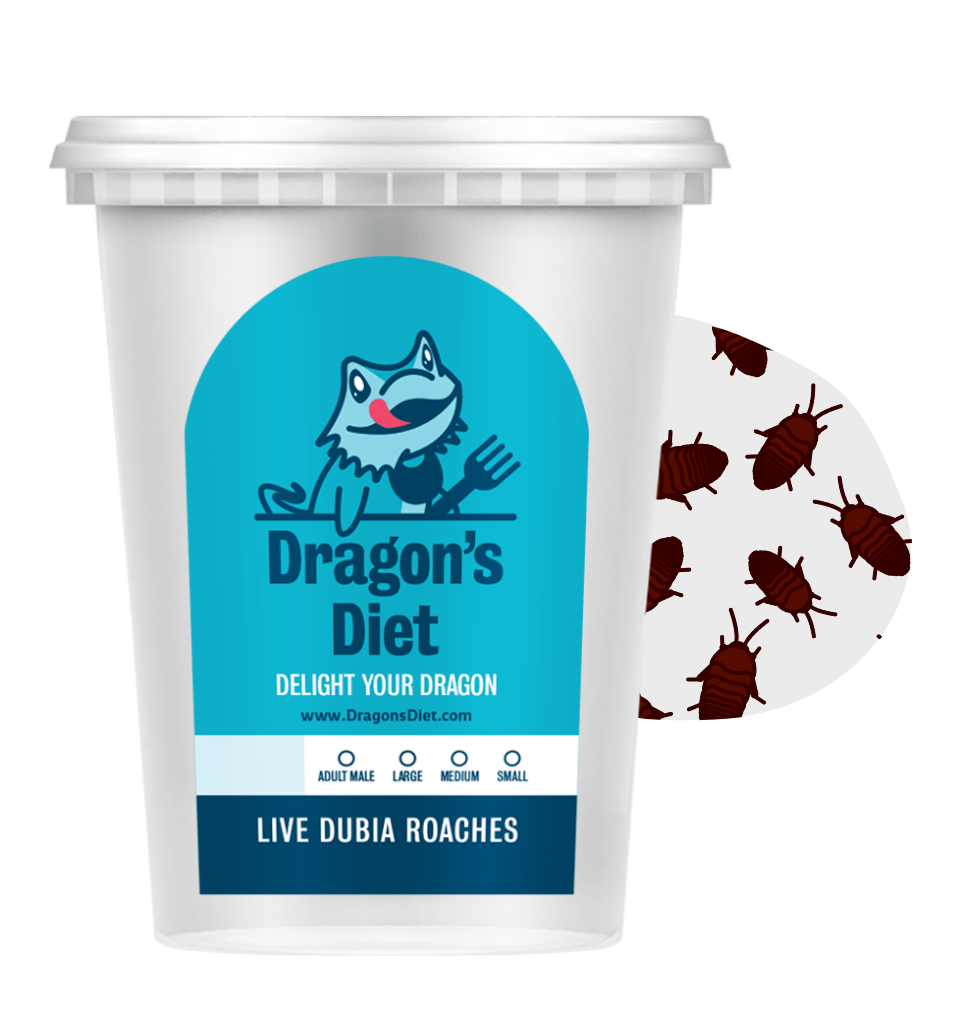Green beans are popular for a reason. Whether they’re roasted, raw, steamed, or sauteed, it’s hard to beat that satisfying balance of juiciness and crunch. Packed with nutrients and delicious flavor, green beans are good for you, too. So can you share them with your bearded dragon? If so, should they be frozen, canned, cooked, or raw? Find out if bearded dragons can eat green beans.
Can Bearded Dragons Eat Green Beans?
Sometimes, the foods that are good for people (like chicken and avocados) aren’t good for bearded dragons. But sometimes, they are!
So if you’re looking for the short answer: Yes! Bearded dragons can eat green beans!
Maybe you’re looking for a longer explanation, such as how often they can eat green beans, what they offer your dragon, and if canned or frozen beans are okay.
As far as nutrients go, green beans hit a home run. They contain an excellent array of vitamins and nutrients that your dragon needs to stay healthy:
- Vitamins A, C, and K: great for your dragon’s immunity, blood, and vision.
- Folic acid: promotes healthy tissues and cells.
- Fiber: enhances digestion.
- Calcium: one of the most important minerals for bearded dragons; strengthens bones, muscles, and tissue.
- Iron: important for blood flow.
- Magnesium: used for brain and muscle development.
- Potassium: helps your dragon retain water and maintain a healthy blood pressure and nervous system.
Green beans even have a little protein and sugar, which give your dragon an energy boost. And, as if that weren’t enough, the ever-important calcium to phosphorus ratio is 1:1 in raw green beans. Of course, it’s best if there is more calcium than phosphorus in a food. But 1:1 is healthy as well because it means there won’t be excess phosphorus in your dragon’s body after he eats green beans. Excess phosphorus can lead to metabolic bone disease (MBD).
Now, here is the caveat. Green beans are not a daily staple for bearded dragons. This is due to a moderate amount of oxalates, which interfere with proper calcium absorption. If a dragon has too many foods with a moderate or high amount of oxalates, they risk developing MBD.
This is why it’s important to serve green beans with calcium-rich vegetables, such as dark leafy greens, papaya, figs, and acorn squash.

Can Bearded Dragons Eat Cooked, Frozen, or Canned Green Beans?
So now you know that bearded dragons can eat green beans almost daily. But you might be wondering what kind of green beans they can eat? Do they have to be raw and fresh, or can you feed your dragon cooked, canned, or frozen green beans?
1. Cooked green beans. First of all, if you want to feed your dragon cooked green beans (or any cooked vegetable) you must make sure there are no added ingredients. Even a little bit of oil or spice can make your dragon sick. That being said, it won’t harm your dragon to feed her cooked green beans, but it’s better to keep it to a minimum. There aren’t cooked vegetables in the wild, and it’s important to mirror your dragon’s natural habitat in his domestic home.
2. Canned green beans. In most cases, canned vegetables, including green beans, contain added ingredients and preservatives, which are not good for your dragon. Avoid giving them any kind of canned vegetable.
3. Frozen green beans. Although fresh vegetables are always best, frozen green beans are safe for bearded dragons, provided they have no added ingredients (those oven-ready side dishes are great for people, not for pets). You can consider buying organic frozen beans to avoid any contamination from pesticides, but non-organic frozen vegetables are usually just fine. When you serve frozen vegetables, make sure they are not too cold or hot.
Pro Tip: If you’ve got long, stringy green beans, consider cutting them into smaller pieces before feeding your dragon to eliminate a potential choking hazard.
As long as they are fresh or cooked with no added ingredients, green beans are a healthy snack you and your dragon can both enjoy.
If you have questions or would like to give feedback, please email us at [email protected]

